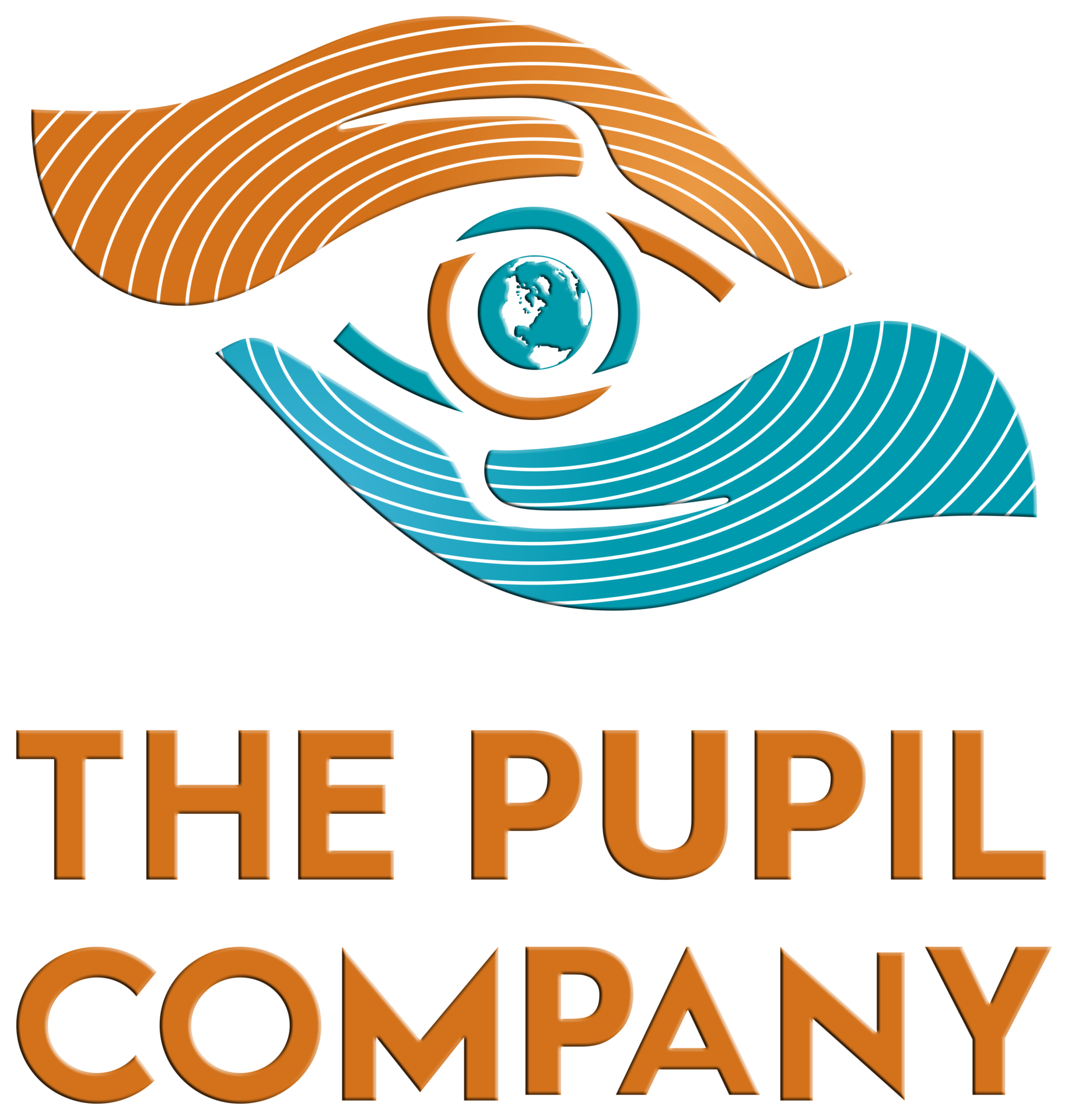Unlike traditional lecture-based methods, experiential learning places students at the center of their own learning journey, offering hands-on, immersive experiences that deepen comprehension, foster critical thinking, and ignite a passion for lifelong learning. In this blog post, we’ll explore the profound impact of experiential learning opportunities in shaping positive outcomes within the classroom.
At its core, experiential learning is about more than just acquiring knowledge—it’s about actively engaging with concepts, ideas, and real-world scenarios in a meaningful and authentic way. Whether it’s through field trips, hands-on experiments, simulations, or project-based learning activities, experiential learning offers students the chance to apply theoretical knowledge in practical contexts, bridging the gap between theory and practice and bringing learning to life in ways that resonate deeply.
One of the primary benefits of experiential learning is its ability to enhance retention and comprehension. Research has consistently shown that students learn best when they are actively engaged in the learning process and can make meaningful connections between what they are learning and their own experiences. By providing hands-on, interactive experiences, experiential learning encourages students to take ownership of their learning and fosters a deeper understanding of complex concepts that goes beyond rote memorization.
Moreover, experiential learning promotes critical thinking and problem-solving skills. When students are presented with real-world challenges and opportunities to apply their knowledge in authentic contexts, they are forced to think creatively, analyze information, and develop innovative solutions. This process of inquiry and discovery not only strengthens students’ cognitive abilities but also equips them with the skills and confidence they need to navigate the complexities of the world around them.
Additionally, experiential learning fosters collaboration and communication skills. Many experiential learning activities—such as group projects, field trips, and hands-on experiments—require students to work together, share ideas, and communicate effectively with their peers. These collaborative experiences not only deepen students’ understanding of the material but also help them develop important social and interpersonal skills that are essential for success in school and beyond.
Furthermore, experiential learning promotes a love of learning and a sense of curiosity and wonder. By providing students with opportunities to explore and discover new ideas in hands-on, immersive ways, experiential learning ignites a passion for learning that extends far beyond the classroom walls. Whether it’s conducting a science experiment, exploring a historical site, or creating a work of art, experiential learning allows students to see the relevance and value of what they are learning and inspires them to become lifelong learners.
